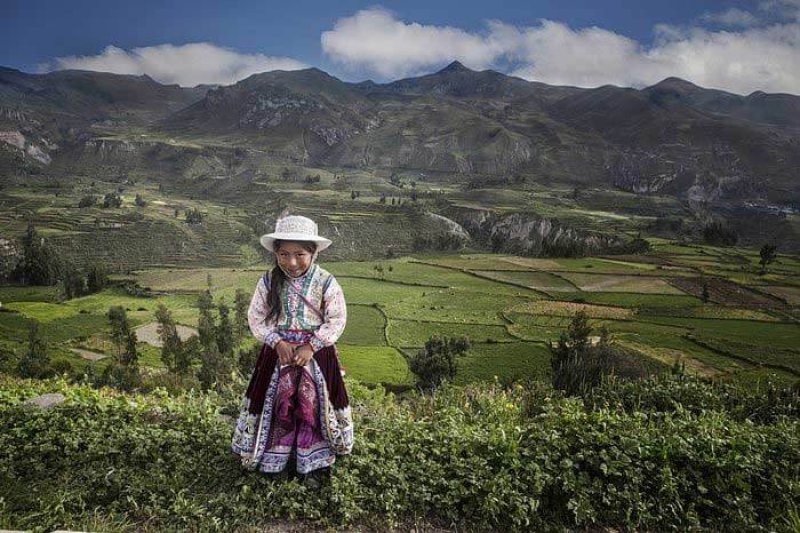An international team has conducted what it says is the first in-depth, wide-scale study of the genomic history of ancient civilisations in the central Andes mountains and coast before European contact.
…
The team discovered genetic exchanges both within the Andes and between Andean and non-Andean populations. Ancient people moved between south Peru and the Argentine plains and between the north Peru coast and the Amazon, largely bypassing the highlands.
Analysis revealed that multiple regions have maintained genetic continuity over the past 2000 years, despite clear cultural transformations. This contrasts with many other world regions, says [geneticist David] Reich, where ancient DNA studies often document substantial genetic turnover during this period,
The population structures that arose early on persisted through major social changes and on into modern societies.
“To our surprise, we observed strong genetic continuity during the rise and fall of many of the large-scale Andean cultures, such as the Moche, Wari and Nasca,” says Harvard’s Nathan Nakatsuka, the paper’s first author.
“Our results suggest that the fall of these cultures was not due to massive migration into the region; for example, from an invading military force, a scenario which had been documented in some other regions of the world.”































